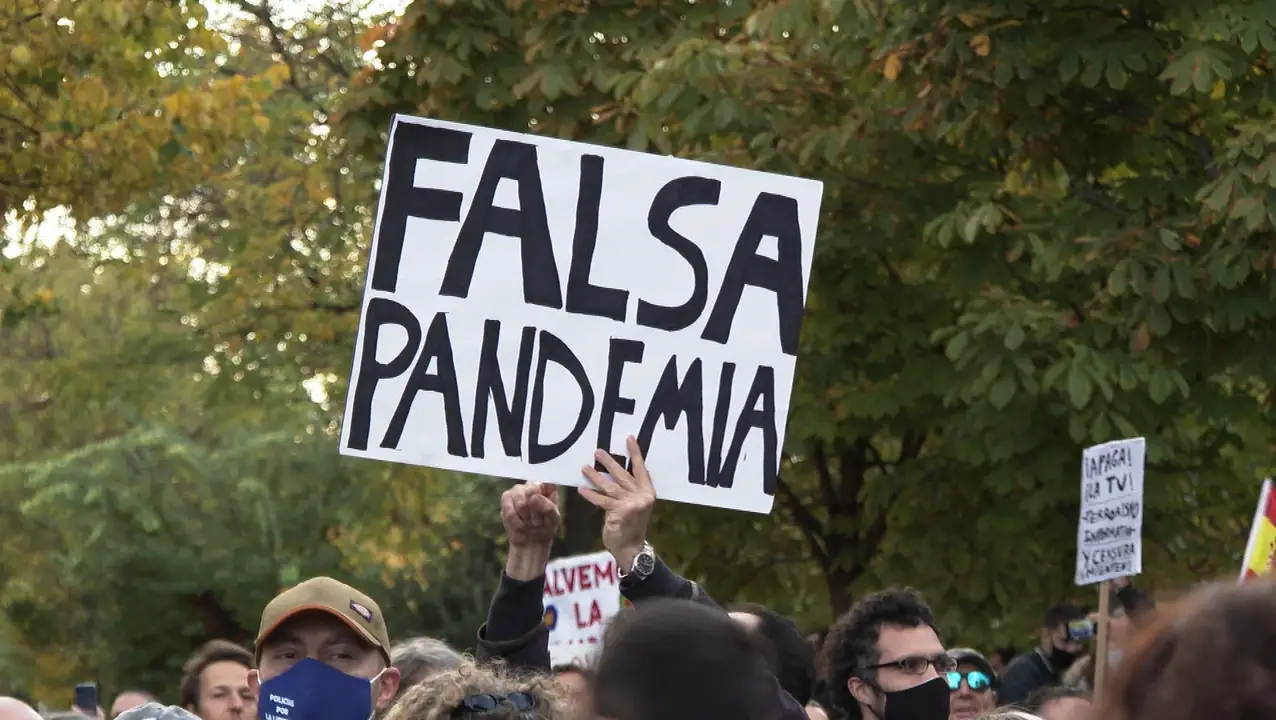From the highest levels of politics, narratives questioning scientific theories about the impact of human activities on the planet have gained strength. Conspiracy theories emerged around COVID-19 vaccines, and debates have intensified over the 2030 Agenda and the Sustainable Development Goals (SDGs). The world has become increasingly prone to disinformation, which frequently denies scientific evidence regarding climate change and the environmental crisis. Many of these narratives gain prominence because they originate from political leadership and spread widely through the media and social networks, creating confusion among the public.
Conspiracy theories and distrust in science are not just part of the discourse; they increasingly influence public policy-making, decision-making processes, and the reorganization of priorities and agendas at both national and international levels. Consequently, they also reshape funding structures intended to generate scientific evidence that supports decision-making.
The trend toward skepticism and denialism of science takes on an especially significant dimension when these narratives come from political sectors. The return of Donald Trump to the U.S. presidency has driven disruptive policies with global negative impacts, such as his announcement to withdraw from the Paris Agreement, the declaration of an “energy emergency,” the “Drill, baby, drill” policy, and the dismantling and defunding of research agencies and programs such as the National Institutes of Health (NIH) and the National Science Foundation (NSF). These actions have heightened concerns about the continuity of research on critical issues at the intersection of climate, environment, and health.
Beyond Donald Trump
The U.S. case is not an isolated one; conservatism is taking on new forms and forging alliances with emerging political actors. In Argentina, the government of Javier Milei is also dismantling state structures in a manner similar to Trump. Neoliberal policies, the reduction or elimination of budgets for environmental policies, human rights, and gender issues, along with the promotion of programs such as the Large Investment Incentive Regime (RIGI) for resource extraction activities, run counter to environmental protection policies.
Regarding climate change, Milei has shown skepticism toward scientific evidence, with speeches denying human influence on ecosystems and the climate. One such decision was the order from the Ministry of Foreign Affairs to withdraw Argentina’s official delegation from the 29th Conference of the Parties (COP29) in Baku, Azerbaijan, with all the political and international implications that entailed. Similarly, following in Trump’s footsteps, the government announced in early February its withdrawal from the World Health Organization (WHO), arguing that WHO guidelines are politically influenced rather than science-based.
This pattern was also evident in Brazil during Jair Bolsonaro’s presidency (2019–2023), particularly concerning environmental policies. His administration took an openly skeptical stance on climate change and significantly rolled back environmental policies in Brazil. This was marked by reduced protection of the Amazon, where deforestation reached record levels, and the withdrawal from international climate commitments.
In these cases, scientific diplomacy as an official tool for effectively integrating science and policy at the international level was not considered. Scientific diplomacy is a practice aimed at overcoming ideological divides, addressing technological development disparities, and bridging political barriers in environmental protection and management.
What’s Behind Denialism?
Despite warnings from various scientific disciplines, climate denialism and environmental misinformation promote a worldview that prioritizes and sustains the fossil fuel economy and the “business as usual” model. This perspective rejects climate policies, viewing them as threats to the free-market model, economic development, and extractivist policies that disproportionately affect countries in the Global South.
So, what role does scientific knowledge play within these governments? Decisions of this magnitude have profound impacts on international politics, potentially strengthening or weakening cooperation between nations. In these uncertain times, it is crucial to reinforce scientific diplomacy to find solutions to problems that are cross-sectoral, interdisciplinary, and transboundary.
No country or social sector can address the complex challenges at the intersection of climate, environment, and health alone. Yet, denialist narratives and political agendas that disregard science are exacerbating socio-environmental problems, weakening international cooperation and diplomacy, and disproportionately affecting the most vulnerable populations.
The climate and environmental agenda is facing significant challenges in countries like the United States and Argentina, where ideology often takes precedence over scientific findings. This shows that the climate agenda is caught between efforts to advance a sustainable model and conservative resistance, particularly from sectors linked to resource extraction and fossil fuel energy.
In this context, it is essential to recognize the role of scientific diplomacy—through international cooperation and evidence-based communication—as an effective political and social mechanism to counter climate denialism. Scientific diplomacy can serve as a bridge to facilitate international agreements and foster constructive dialogue among various actors, countering misinformation and fake news. Additionally, it helps improve access to information for both political sectors and the general public.
It is urgent to promote alliances between science, politics, and society to generate socially impactful science that strengthens responsible decision-making and advances more effective climate governance.
*Machine translation proofread by Janaína da Silva.











